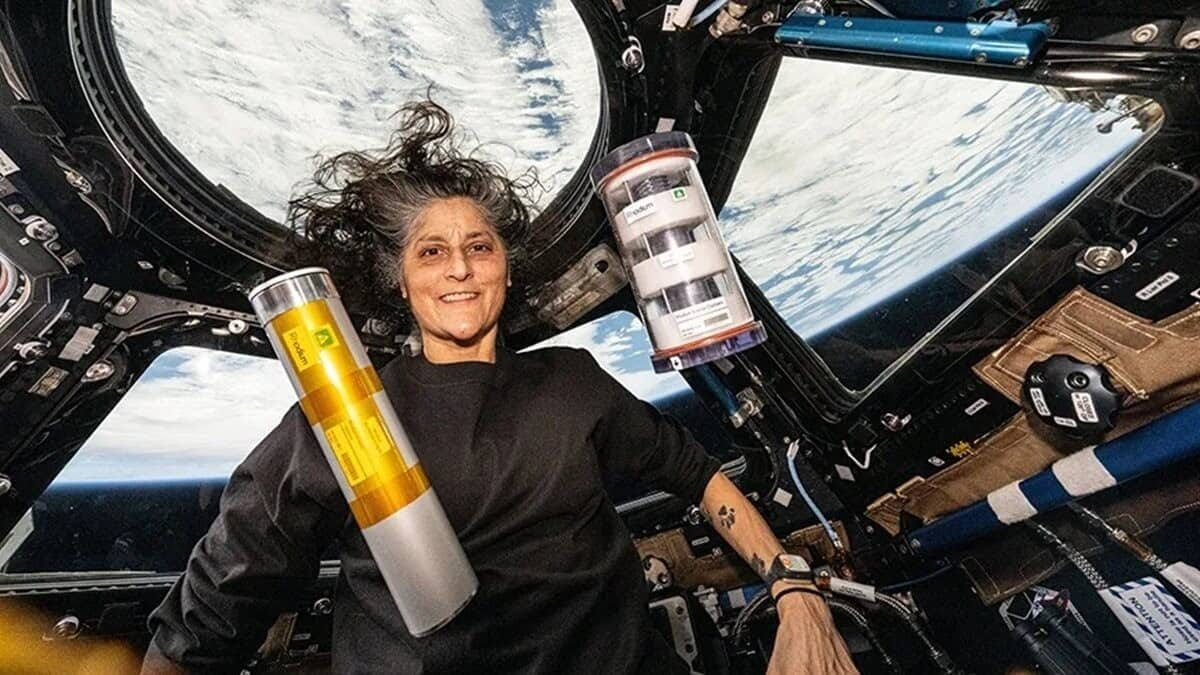
NASA delays astronaut return plan again, Sunita Williams's mission extended
What's the story
NASA has announced yet another delay in its mission to bring home two US astronauts, who have been stranded on the International Space Station (ISS) for months. The return of veteran astronauts Butch Wilmore and Sunita Williams, is now expected to take place in late March 2025. The duo had set out on their journey to the ISS in June 2024, aboard Boeing's Starliner spacecraft.
Mission complications
Technical issues with Starliner spacecraft extend astronauts' stay
Wilmore and Williams were supposed to spend eight days on the ISS initially. However, with the Starliner's propulsion system facing issues mid-journey, NASA had no choice but to change its plans drastically. After weeks of testing the Starliner, NASA decided to bring it back to Earth without its crew members. The plan was then changed to bring the two stranded astronauts home with a SpaceX mission called Crew-9.
New strategy
Revised plan for astronauts' return involves SpaceX mission
Crew-9's two astronauts reached the ISS on a Dragon spacecraft in late September 2024, with two empty seats for Wilmore and Williams. The new plan was for all four to return home in February 2025. But now, NASA has announced that Crew-10, which will relieve Crew-9 and the stranded pair, won't launch until at least March 2025. Both teams will remain on board during a "handover period."
Duration extension
Extended stay in space for Wilmore and Williams
The delay also means Wilmore and Williams will be spending over nine months in space, much longer than their originally planned eight-day stay. The change of plans is aimed at giving NASA and SpaceX teams enough time to complete processing on a new Dragon spacecraft for the mission. SpaceX, a private company founded by Elon Musk, has been conducting regular missions every six months to facilitate the rotation of ISS crews.